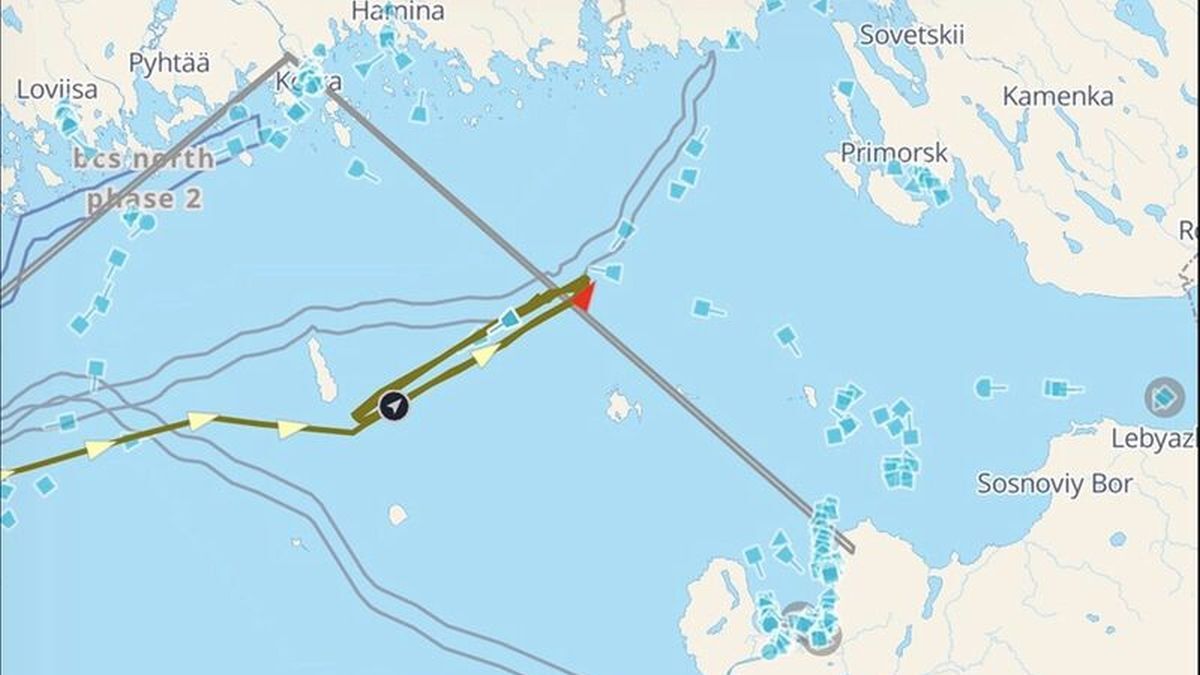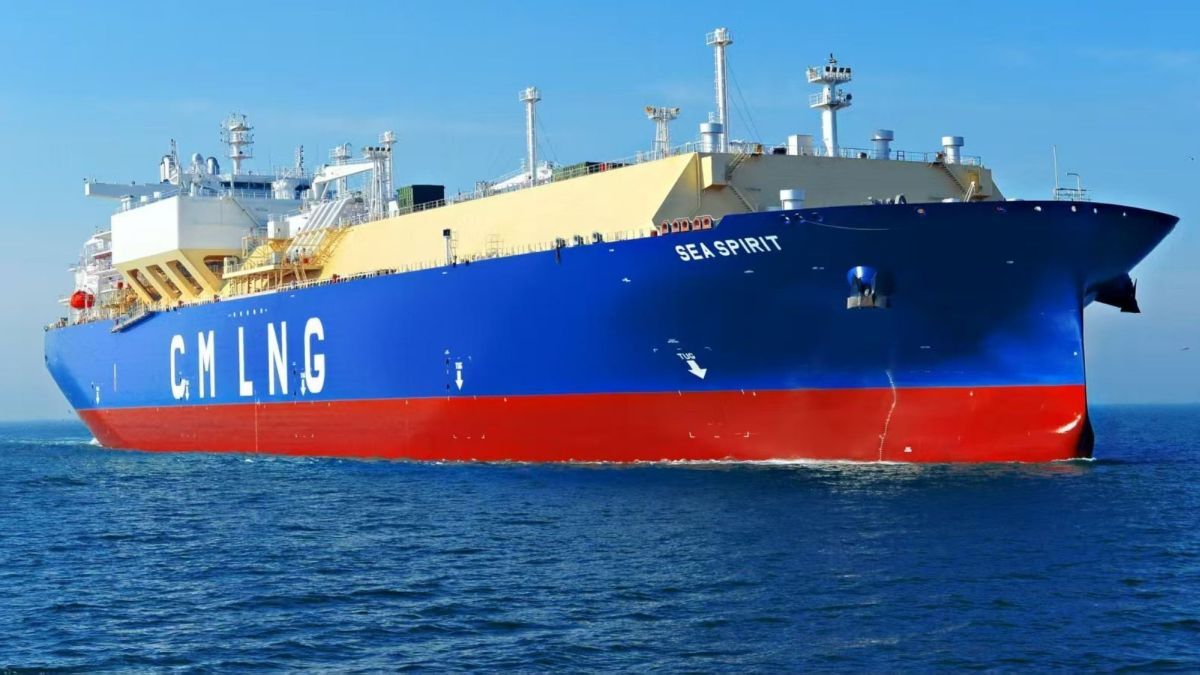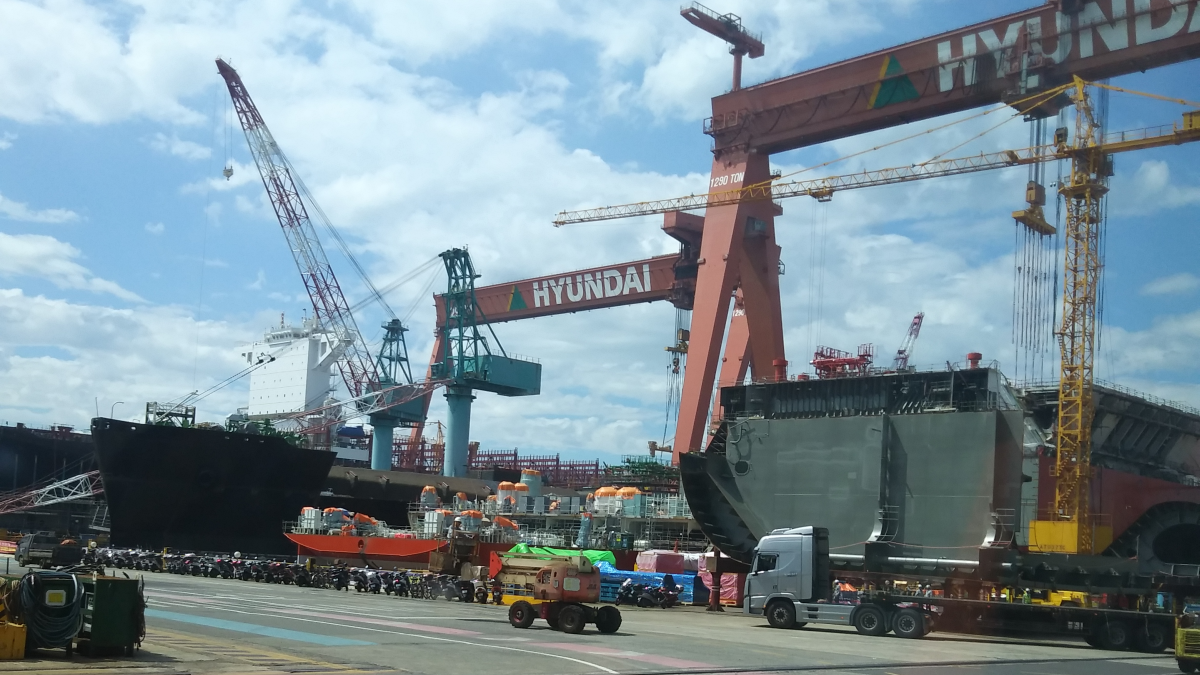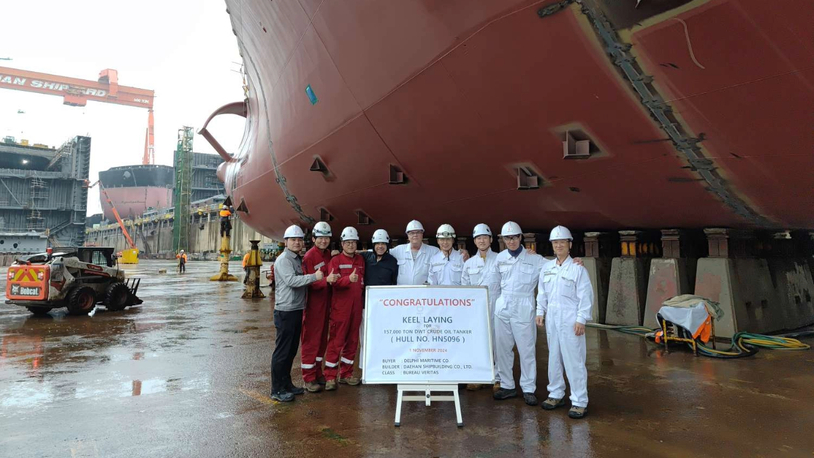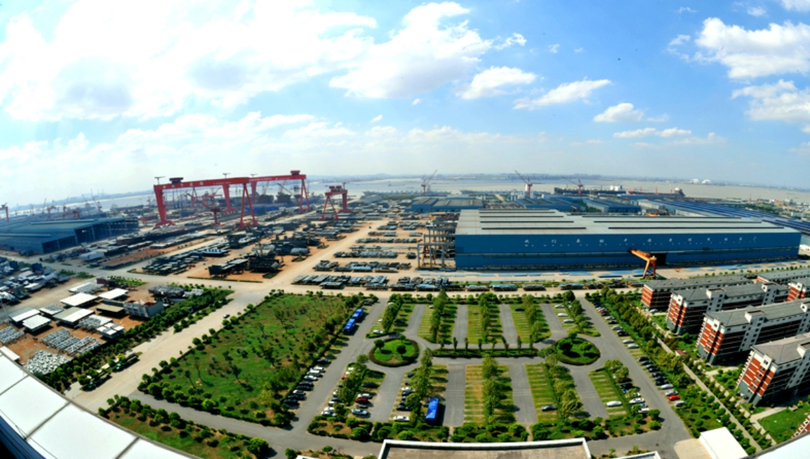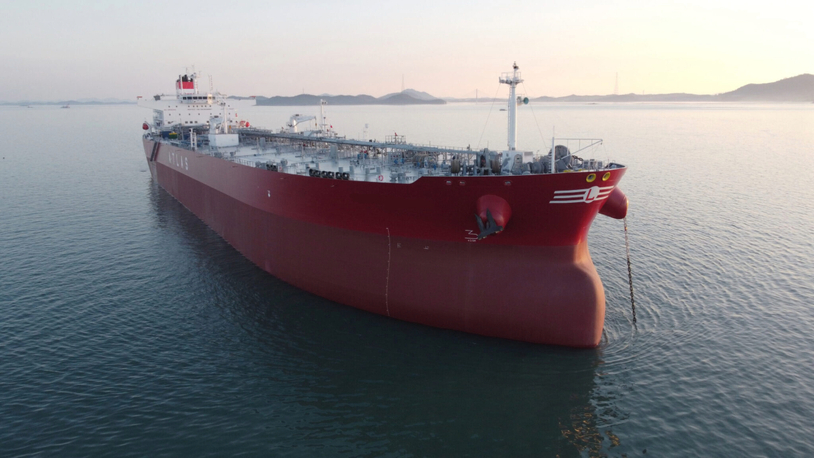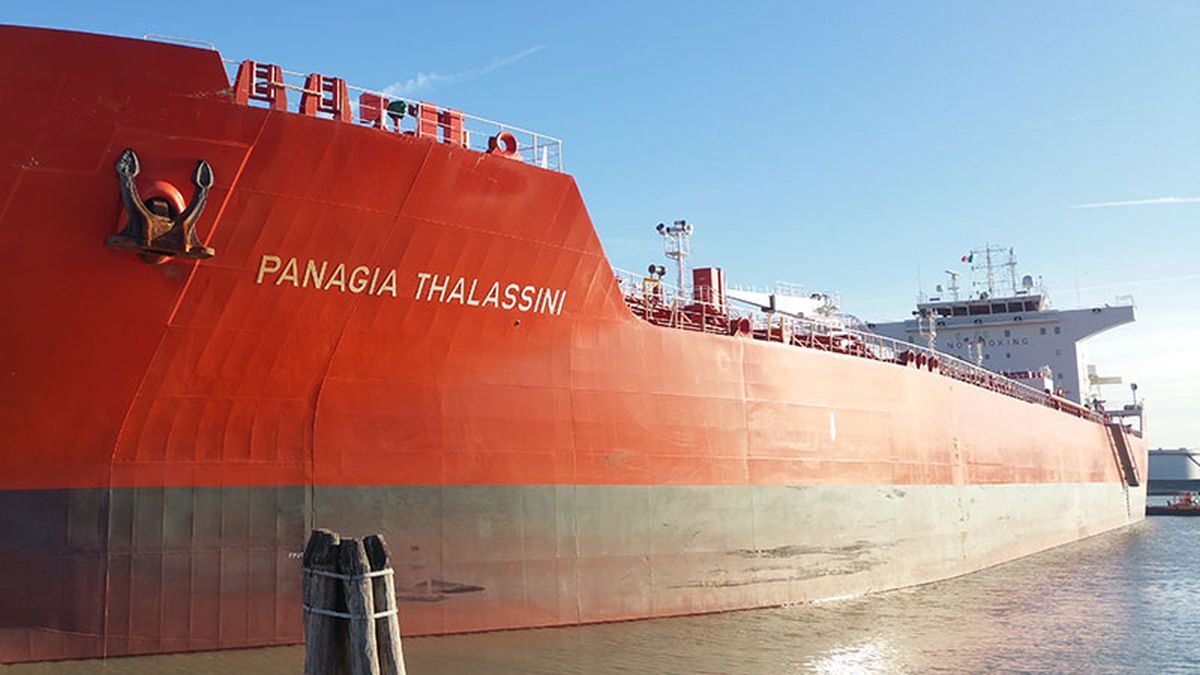Business Sectors
Events
Contents
The new normal for flag states
As tanker owners and operators actively seek to improve margins, Cyprus’ Department of Merchant Shipping acting director Ioannis Efstratiou explains how flag states can help
The shipping industry is no stranger to pressure. But in the context of today’s challenging market conditions, the development of new regulations and the evolution of existing ones are having a significant impact. Now more than ever, tanker owners and operators are actively exploring ways of improving margins, and this is driving changes in what they need and expect from flag states.
There is no doubt that the role of flag states is changing. But the provision of proactive support, technical advice and consultancy is not something new: leading flags such as Cyprus have been doing this for many years. With ships checked, vetted and surveyed to such a level that they are generally operated to a higher standard than required by IMO conventions, tanker operators set high standards. This is why tanker operators look for technical ability and a good reputation when choosing a flag.
Inclusion in the ‘White List’ of the Paris, Tokyo and other MoUs for port state control is critical to avoiding unnecessary surveys, inspections and delays. It also provides assurance that a flag has the right knowledge, experience and technical competence. But accessibility and a fast, consistent response to questions and emergencies of a technical nature are also imperative. Time matters when owners need a quick decision over a dispensation because of a fault in a piece of equipment, for example. It may not always be possible to arrange a repair in the next port, so a dispensation is needed to allow the work to be delayed by a short period.
We know that a personal approach and continuous flow of communication is extremely important to tanker owners and operators. To enable this, the Cyprus flag has maritime offices in Piraeus, London, Hamburg, Rotterdam, and New York. The flag has a highly skilled and multilingual workforce, and takes pride in 24/7 accessibility and a consultative approach. Cyprus has registered tanker vessels for many years, so it is well versed in understanding and dealing with the issues that tanker vessels may encounter, and has many technical experts with the knowledge and expertise to effectively answer technical queries in a timely manner. Being state owned, the flag is able to assist individual ships and effectively leverage its 23 bilateral agreements on merchant shipping. This is far from the norm: many flags have only a skeleton staff that merely answers emails and issues certificates.
The value-add that certain flags offer extends far beyond the bare essentials of registration and certification. Proactively sharing intelligence with shipowners and operators must constitute one of the main obligations to clients, offering the best advice to directly support the protection of their business interests.
From a leading flag, ongoing and proactive communication and the sharing of intelligence in the form of circulars and seminars, for example, is expected. But, in addition, owners and operators are increasingly looking for a flag that is not simply an industry spectator and aggregator of information, but, rather, is directly involved in addressing and shaping industry issues, challenges and regulation. They want an influential champion that proactively ensures that their best interests are effectively represented.
In an industry continually challenged by new and increasingly rigorous regulation, the key for flag states is to ensure that they can field a knowledgeable team of experts with a detailed understanding of the legislative requirements. This enables the provision of guidance to help shipowners achieve compliance, while managing costs and any impact on operational efficiency.
Ballast provides one example. Cyprus is still to ratify the convention, but the regulations are fully understood and implemented. At MEPC 71, the deadline for retrofitting vessels was extended by two years to the first survey after September 2019, while for newbuildings it remains the case that a ballast water management system must be installed on all vessels with a keel laid after 8 September 2017.
The requirements and timescales have shifted. Although an additional two years on the deadline for retrofitting vessels may not sound like a long extension, with many owners choosing to renew their five-year International Oil Pollution Prevention Certificate (IOPPC) on the cusp of entry into force, this pushes industry compliance out by up to seven years.
To facilitate a smooth compliance process, minimise the strain on drydocking capacity and lead times, and to allow shipowners to demonstrate a commitment to driving improvements in the environmental sustainability of their operations, it is strongly recommended that the harmonisation of all statutory certification is maintained. But we will work with shipowners to establish the best and most effective course of action for achieving compliance and will, on a case-by-case basis, allow for the earlier completion of the IOPPC renewal survey and a deharmonised approach regarding all statutory certification.
The Cyprus flag is continuously working with regulators and shipowners to employ innovative solutions that help ensure efficient and cost-effective compliance with regulations. As one example, Cyprus employs an online Electronic Seafarer Application System (eSAS) for the submission of applications for the Seafarer’s Identification and Sea Service Record Book. Under the International Convention on Standards of Training, Certification and Watchkeeping for Seafarers, it issues endorsements attesting the recognition of non-Cyprus certificates of competency issued by countries whose certificates of competency are recognised by the Republic of Cyprus electronically.
Electronic oil record books (EORBs) are now permitted on board Cyprus-flagged vessels, helping to eliminate any unintentional human error that could expose shipowners to the risk of crippling fines and criminal prosecution. According to the US Coast Guard, more than 100 vessels have been criminally prosecuted for oil-book violations in the United States over the past 10 years, and incorrect or missing oil-waste transfer records can result in severe penalties including criminal prosecution. EORBs prevent oil record books from going missing on board and mitigate the risks associated with discrepancies between oil record-book entries and the actual capacity of the oily water separator, as well as false log entries. By enabling operators to accurately record ORB entries in an electronic format, this helps shipowners and crews mitigate the risk of costly delays, penalties and fines that can run to millions of dollars.
Ranking as the eleventh largest merchant fleet worldwide and the third largest fleet in the European Union, Cyprus flags over 1,000 oceangoing vessels with a total gross tonnage exceeding 23M. Cyprus flags 83 tankers with a total tonnage of 2.7M, which represents 11.36% of the Cyprus fleet. In today’s challenging operating environment, choosing a high-quality flag that is committed to safety, security and excellence can pay dividends. Key considerations include ease of registration, low registration fees, strategic geographical location, robust regulatory protection, and the fact that the Cyprus flag is the only open registry in Europe to have a tonnage tax system approved by the European Union. As Cyprus aims to consolidate and further develop its role in world shipping, these benefits and more will continue to support tanker owners and operators in their quest for compliance and commercial efficiency.
Related to this Story
Events
Offshore Support Journal Conference, Americas 2025
LNG Shipping & Terminals Conference 2025
Vessel Optimisation Webinar Week
© 2024 Riviera Maritime Media Ltd.


